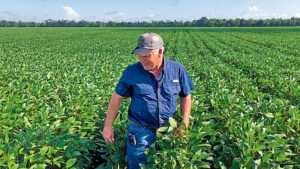Babies have “zero tolerance” for lead, but 20% of baby food in the United States contains lead!

According to data released by the nonprofit Environmental Defense Fund (EDF) on June 15, 20% of the 2,164 samples of baby food collected by the U.S. Food and Drug Administration (FDA) contained lead. Lead is a neurotoxin. Ingestion by children may affect brain development, reduce IQ, and even cause lifelong disability. Although it is generally considered safe below the FDA’s minimum content standard, the standard was established decades ago. The latest research shows that children have “zero tolerance” for lead, and even lower levels can cause great harm to children. However, the U.S. Environmental Protection Agency estimates that more than 5% of American children (more than 1 million) have consumed foods that exceed the FDA’s lead content standards this year. The most common products containing lead are fruit juice, foods made with root vegetables, and certain biscuits. Strangely, the proportion of lead in baby food is higher than that in adult food. For example, about 25% of regular apple juice contains lead, while 55% of baby apple juice contains lead. Overall, only 14% of adult food contains lead. The survey results come from the FDA’s annual “Total Food Survey”, a survey project that first began in the 1970s. Every year, the FDA samples 280 types of food across the United States (samples come from 3 different cities) to track nutrients, metals, pesticides and other contaminants. When the FDA investigates, it can give priority to American brand products. But unfortunately, the survey does not link the results to manufacturers, which is the information that parents really want to obtain. In March of this year, EDF filed a “Freedom of Information Act” requesting data from the agency by brand. Currently, the only brand survey results available are Consumer Reports’ survey on juice.





